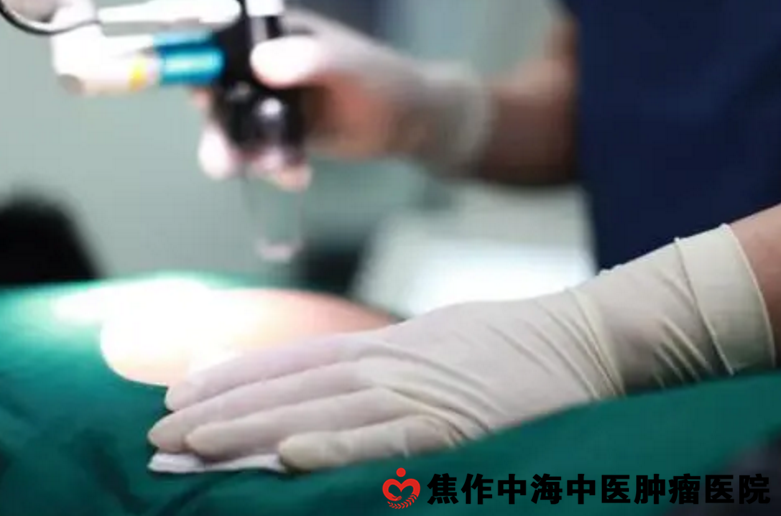
August 15, 2023
1. How to perform functional rehabilitation exercises for non-surgical lung cancer patients

Improving respiratory function cannot be achieved without exercise of respiratory muscles. Patients' respiratory function can be improved through stairs climbing, qigong gymnastics, outdoor activities such as blowing balloons. Climbing stairs and blowing balls are the most commonly used methods.
① To blow a balloon, take a deep breath and then slowly blow into the balloon until it cannot move. Try to blow out the air as much as possible. Usually blow several times a day according to the patient's physical condition.
② Climbing stairs should avoid vigorous exercise, with a suitable speed and natural breathing.
2. How often should I have a follow-up check for lung metastatic cancer without discovering the primary lesion
Pulmonary metastatic cancer is usually the late stage manifestation of malignant tumors. Common primary tumors usually originate from the digestive system, urinary system, reproductive system, thyroid, breast, bone, etc. A small number of patients discover lung metastatic cancer before identifying the primary tumor. Sometimes, due to objective limitations, the primary lesion cannot be clearly identified, which is called lung metastatic cancer without discovering the primary lesion. Due to being in the late stage of the tumor, the condition may progress rapidly and have a short survival period. Therefore, a follow-up examination should be conducted once every 1-3 months to closely monitor the patient's condition progress for timely intervention and targeted treatment.